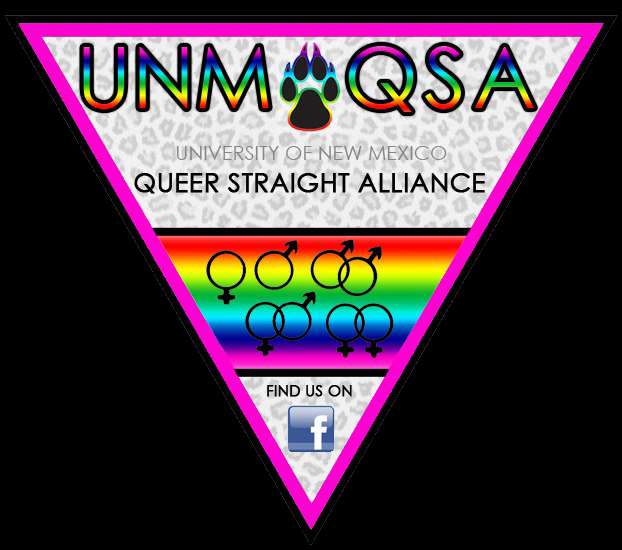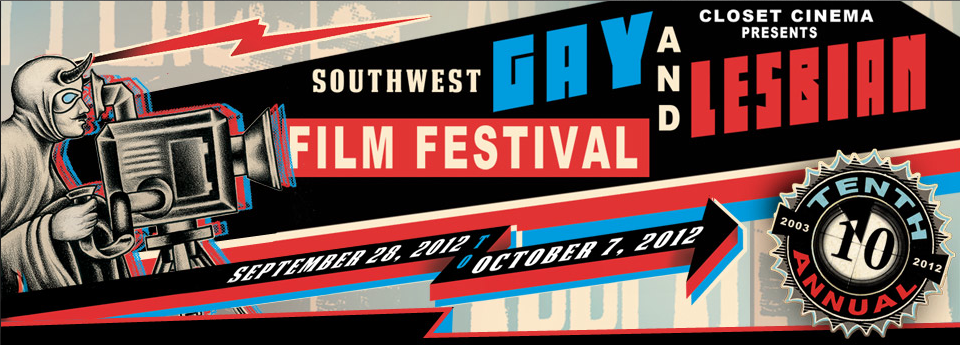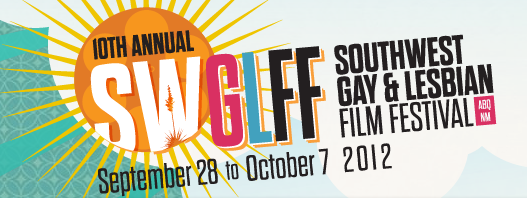My friend Volker Beier recently shared this YouTube video with me of college student Matthew Vines, delivering the result of two-years of independent research and scholarship on the Bible and homosexuality at College Hill United Methodist Church in Wichita, Kansas earlier this year.
Matthew’s critical approach is fueled in no small part by his own longstanding conflict between his own innate identity and contemporary religious interpretations of scripture. Aside from the fact that it is heartening to watch a young adult speak articulately and comprehensively on any subject, I’m especially taken by his points (beginning at 45:30) about the cultural/historical specificity of language, or more appropriately, language’s frequent failure to appropriately capture the nuanced matrices of identity.
These failures of language, or more appropriately, the frequent failure of humans to acknowledge the fact that language is mere sign, continues to tie up our cultural and political debates with moral stands against homosexuality based solely on precarious translations of scripture across language, culture, and time. The consequences of such semiotics are very real, however, demonstrated by the human lives impacted by and all-too-often, lost in translation.
Even in our attempt to include all categories of identity that deserve protection or inclusion, we combat the restrictiveness of language and labels with more language and labels: L, G, B, T, Q, I…
What are your thoughts on the possibilities and limitations of language as a means of recognizing specific experience while also leaving space for plurality and difference? Can we get beyond language, or somehow invite a greater sense of reflexivity and play in its engagement?










